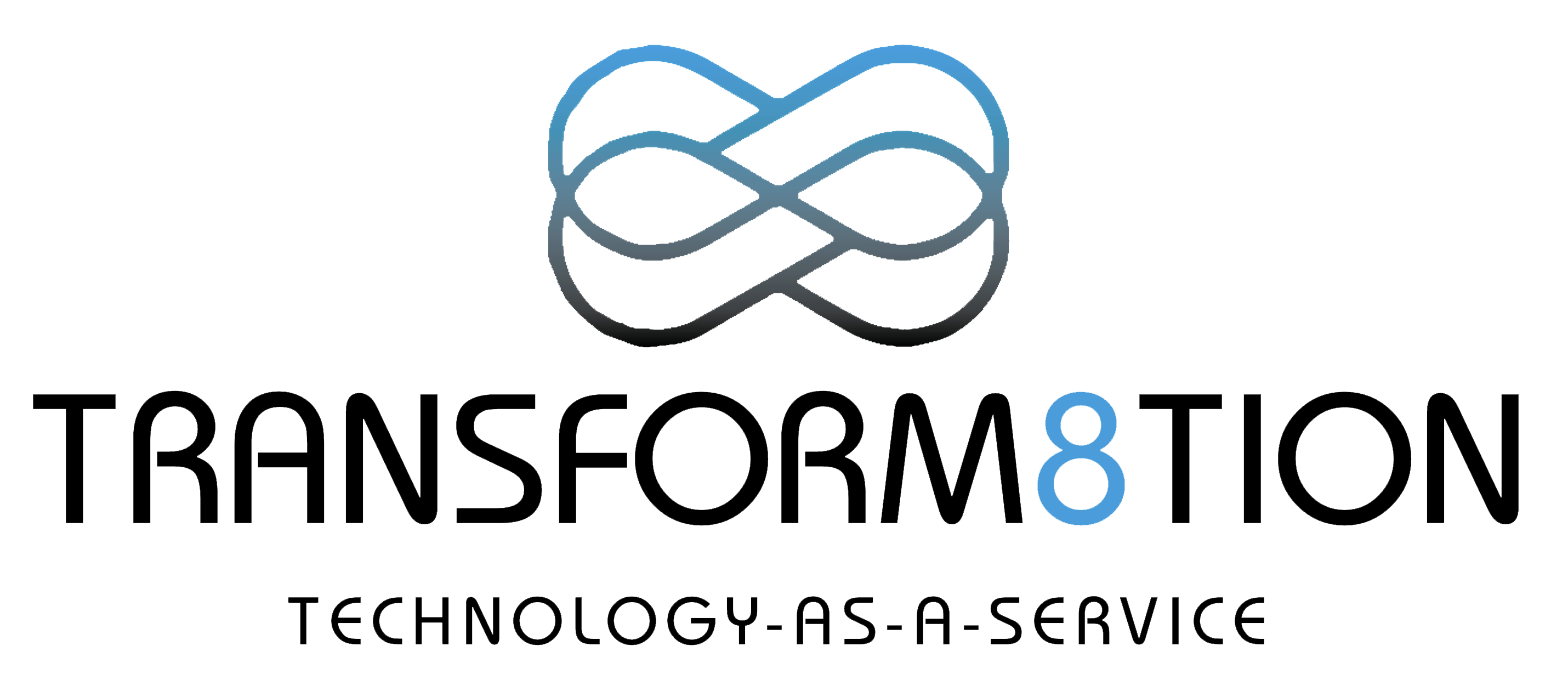Mastering Cloud Expense Management: A Guide to Optimize Costs and Boost Efficiency
In the ever-evolving landscape of cloud computing, managing expenses effectively has become a crucial aspect of maintaining a healthy bottom line. Cloud expense management entails more than just tracking costs; it involves strategic planning, continuous optimisation, and a deep understanding of your organisation’s cloud usage patterns. In this blog, we’ll delve into the world of cloud expense management and explore actionable strategies to help you achieve cost optimisation and operational efficiency.
Understanding Cloud Expense Management:
Cloud expense management is the process of monitoring, analysing, and controlling the costs associated with using cloud services. As businesses increasingly rely on cloud resources, keeping a tight rein on expenses is paramount to achieving financial goals and avoiding budget overruns.
Key Strategies for Effective Cloud Expense Management:
- Comprehensive Cost Visibility:
Gain a clear and holistic view of your cloud expenses by utilizing cost management tools provided by cloud service providers. These tools enable you to track spending across various services, projects, and departments, facilitating better decision-making.
- Tagging and Labelling:
Implement a robust tagging and labelling system to categorize resources based on their purpose, owner, or project. This practice enables you to allocate costs accurately, identify underutilized resources, and attribute expenses to specific business units.
- Budgeting and Forecasting:
Set well-defined budgets for your cloud resources based on historical data and projected growth. Regularly compare actual spending against your budgets and make adjustments as needed. This proactive approach helps you avoid surprises and maintain financial control.
- Rightsize Resources:
Continuously analyse your cloud infrastructure’s performance metrics and scale resources according to demand. Downsizing or eliminating underutilized instances can lead to significant cost savings without compromising performance.
- Reserved Instances and Savings Plans:
Leverage reserved instances or savings plans offered by cloud providers. Committing to a specific usage level over an extended period often results in substantial discounts compared to pay-as-you-go pricing.
- Automated Scaling and Resource Management:
Implement automated scaling mechanisms to ensure resources dynamically adjust to fluctuating workloads. Additionally, use automation tools to schedule resource availability based on usage patterns, reducing costs during off-peak hours.
- Data Lifecycle Management:
Develop data management policies that define how data is stored, moved, and archived. By tiering data storage based on access frequency, you can optimize costs without sacrificing data availability.
- Cloud Cost Analytics:
Embrace advanced analytics tools to gain deeper insights into your cloud expenses. Monitor trends, identify anomalies, and discover optimization opportunities by analysing historical spending patterns.
- Regular Audits and Reviews:
Conduct regular audits of your cloud environment to identify and address unnecessary or redundant resources. Schedule reviews to ensure that your cloud infrastructure aligns with your organization’s evolving needs.
- Continuous Learning and Adaptation:
The cloud landscape is ever-changing, with new services, features, and pricing models emerging. Stay informed about industry trends and best practices to continually refine your cloud expense management strategies.
Navigating Cloud Expense Management for Success
Cloud expense management isn’t a one-time task but an ongoing journey that requires vigilance, analysis, and adaptation. By implementing these strategies and fostering a culture of cost consciousness, your organisation can strike the right balance between harnessing the benefits of cloud computing and optimising costs. With effective cloud expense management, you’ll be well-equipped to drive operational efficiency, allocate resources wisely, and achieve your financial objectives in today’s dynamic digital era.
Where to go next?
Transform8tion can help you find the right CEM technology platform and service provider. These vendors have built AI-driven platforms that simplify data collection, analysis and insight. Plus, many cost-optimisation tasks can be manual and time consuming, particularly for already-overwhelmed IT teams. Choosing the right partner can help you automate and offload much of the work to ensure your business stays focused on reaping the benefits of the cloud—not managing it.
When it comes to IT expense management and optimisation, the cloud is the best place to start. The benefits are clear: Based on customer feedback, a well-implemented CEM solution can result in a 20% to 40% savings and a triple-digit ROI in the first year.


